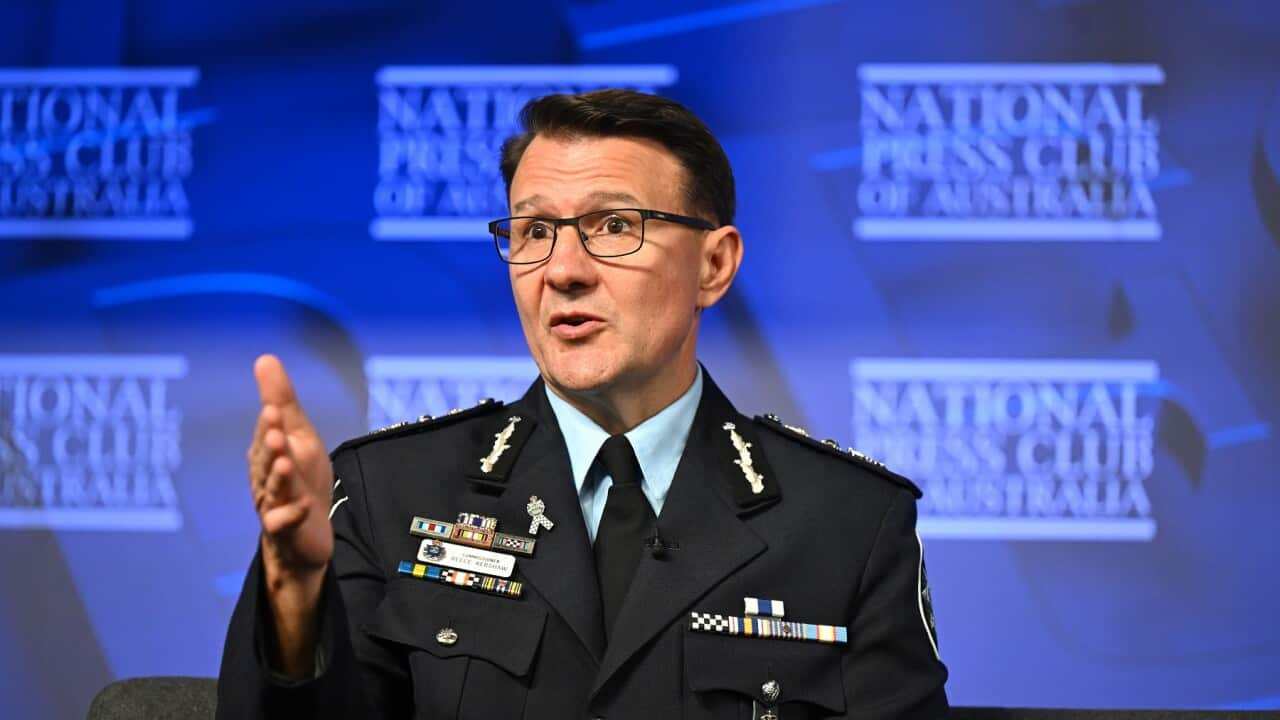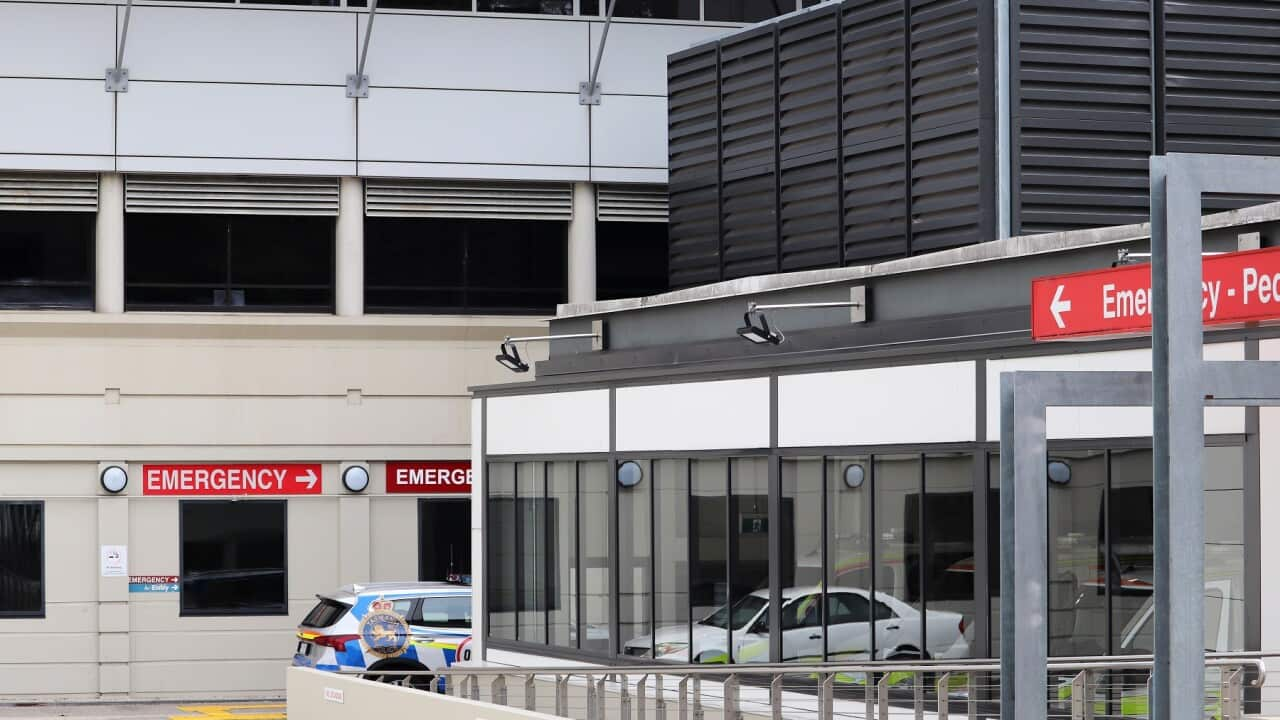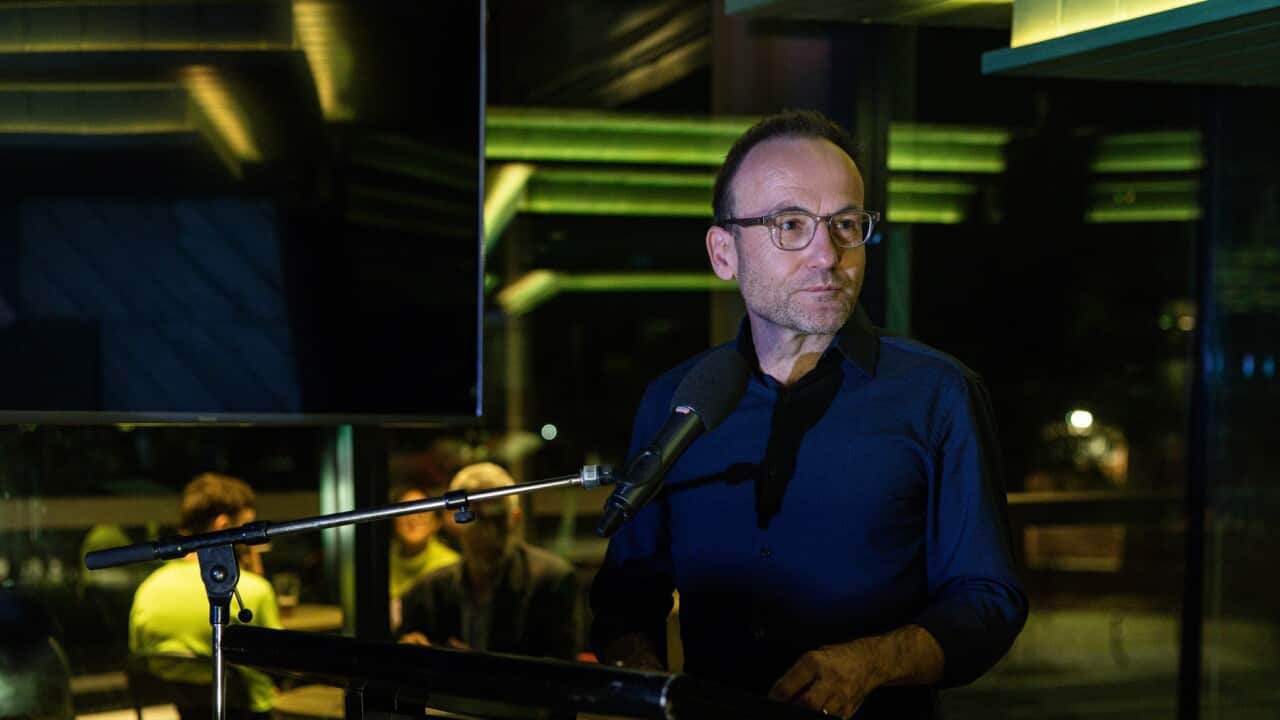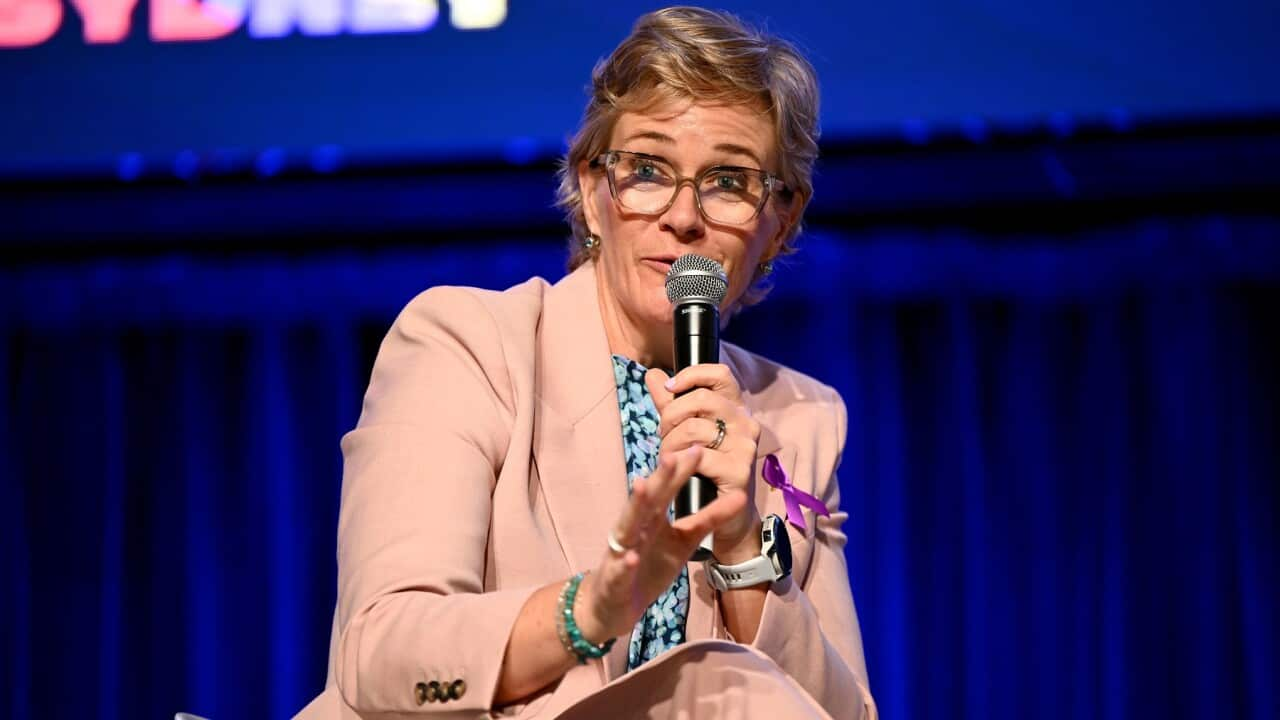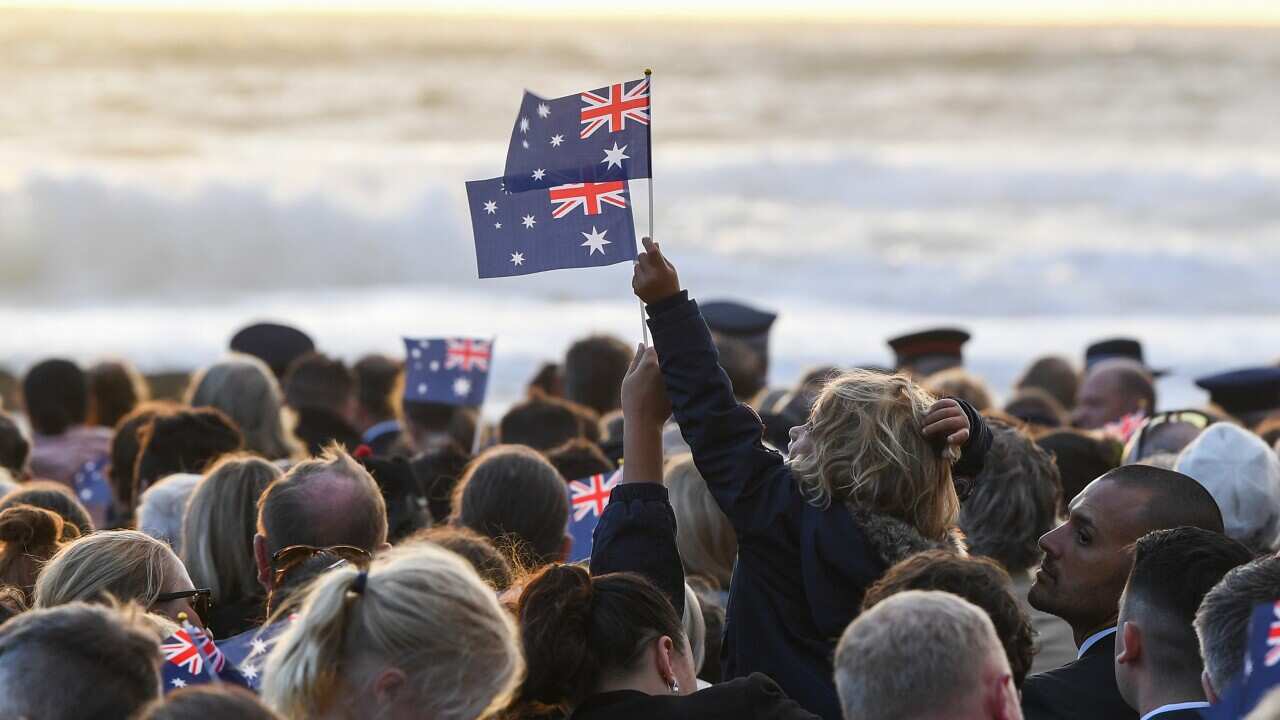TRANSCRIPT
Videos of the lethal attack on a Bishop at a Wakeley church continue to circulate on social media platform X.
The federal government is demanding X remove the content associated with the stabbing, with the Federal Court issuing a takedown order to the platform.
But X owner Elon Musk's lawyers are fighting that order, presenting an affidavit from the Bishop himself, an influential figure on social media.
Bishop Mar Mari Emmanuel's sworn statement argues the incident should not be censored.
Police allege the group of teens behind the attack used encrypted apps to coordinate their movements.
Director General for the Australian Security Intelligence Organisation Mike Burgess says something needs to change.
"Let me be absolutely clear: I'm not calling for an end to end-to-end encryption, I'm not asking for new laws. I'm not asking for new powers. I'm not asking for new resources. I'm not asking the government to do anything. I'm asking for the tech companies to do more."
Mr Burgess says while encryption protects privacy and allows quick communication and safe payments, it's also now the preferred form of communication for criminals.
"Unaccountable encryption is like building a safe room for terrorists and spies, a secure place where they can plot and plan. Imagine if there was a section of a city where violent extremists could gather with privacy and impunity. Imagine if they used this safe space to discuss terrorism and sabotage and vilify Muslims, Jews, people of colour and the LGBTQIA+ community."
The intelligence services want to be able access those messages in specific circumstances where they suspect crimes are being committed.
Investigators argue in certain cases, the social media giants should allow them access.
Mr Burgess says there are times when access to private conversations becomes necessary.
"In the case of the neo-nazi chat room, should a nationalists and racist violent extremist's right to privacy outweigh the community's right to safety? In situations where we cannot access communications to resolve security concerns, we must turn to other technical and human capabilities. Some of those capabilities involve physical risk, while others are highly resource-intensive."]]
Analysts say access could be warranted in some circumstances.
Cyber-analyst Nigel Phair says social media companies have a moral obligation towards users.
"The social media companies have a moral imperative, let alone a legal imperative to provide us with a safe, secure, and trustworthy online experience and they need to do a lot more to ensure that."
The extended battle between the federal government and Elon Musk has created a question about the responsibility of social media platforms.
Mr Burgess says they have brought new dangers to the fore.
"You used to lock the front door and that would give you safety, but if your children are on their devices and you're not seeing what they're seeing, that can actually pollute and corrupt and radicalise young minds. And we see that, we see individuals, minors, who get confused by the ideology and pick multiple elements. And when ASIO and law enforcement services are actually dealing with this problem, we're at the wrong end of that."
During a National Press Club address, police placed large photos of children on each table, asking the audience members to identify if the images were of real children or artificially made.
The revelation that they were all created by AI came as quite a shock.
Australian Federal Police Commissioner Reece Kershaw is warning that A-I images of children online are being used to create child pornography.
"Some of our children and other vulnerable people are being bewitched online by a cauldron of extremist poison on the open and dark web. And that's one serious problem. The other, is that the very nature of social media, allows that extremist poison to spray across the globe almost instantaneously."
Despite community engagement and investments from the federal government, the number of young people being investigated by the counter terrorism taskforce is continuing to grow.
